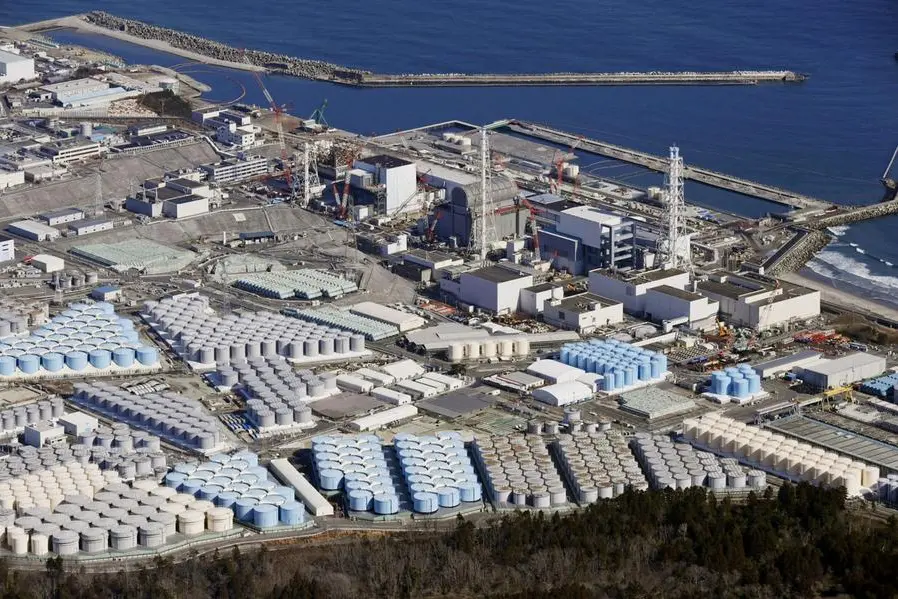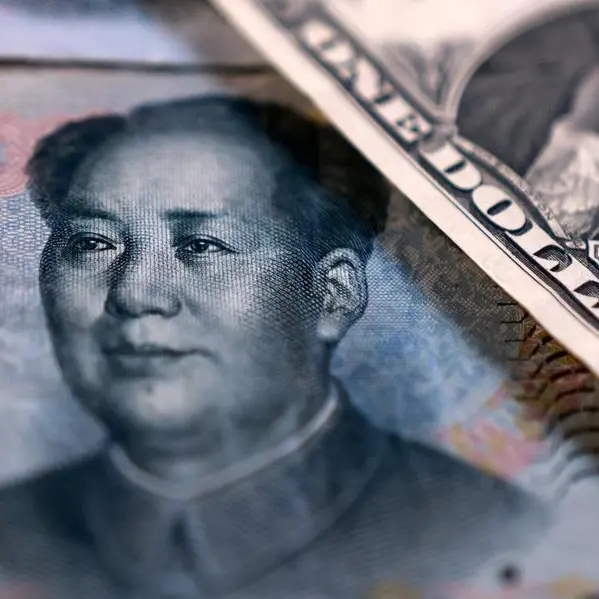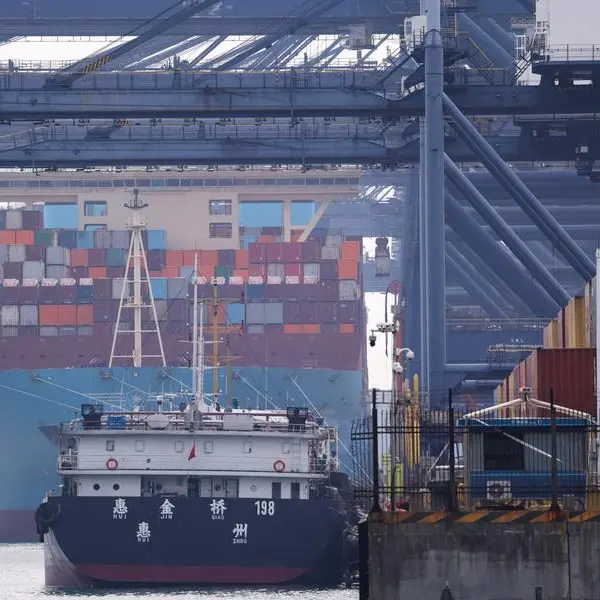PHOTO
Japan's Tohoku Electric Power and Chugoku Electric Power have factored in nuclear power restarts into their earnings forecasts, expecting boosts to income as they cut down on expensive fossil fuel purchases driven by a weak yen.
The planned restarts of the Onagawa No.2 reactor around September for Tohoku and Chugoku's Shimane No.2 reactor in December mark the first time the two utilities will have a nuclear power reactor operational since the 2011 Fukushima nuclear disaster led to all of Japan's reactors being shut down.
Tohoku's long-delayed restart will also mark the first time a boiling water reactor (BWR) will be operational in Japan since the disaster.
"We expect a profit contribution from the restart of the Onagawa reactor - the cost of fossil fuels such as LNG will be reduced," Hiroki Nikaido, Tohoku Electric's senior executive officer, told reporters at a Tuesday briefing.
It forecasts recurring profit for the year to March to come in at 190 billion yen ($1.2 billion) - down 35% from the year as it expects electricity sales to be less profitable. The restart will save it roughly 40 billion yen in costs.
Chugoku has predicted annual recurring income of 65 billion yen, down 67% from a year earlier, with its restart contributing 11 billion yen.
Japan hopes to generate up to 22% of its electricity from nuclear power by the end of the decade from less than 10% now and has so far restarted 12 reactors. It had 54 reactors before the Fukushima disaster but many will be decommissioned.
The restarts as well as increased use of renewable energy have helped Japan cut down on fossil fuel purchases. The world's second-largest LNG importer saw LNG imports fall 8% to 64.9 metric tons in the past financial year while imports of thermal coal dropped 13% to 98.2 tons.
Separately, Kansai Electric Power, Kyushu Electric Power and Shikoku Electric Power predicted nuclear power utilisation rates of 80%, 88% and 81% respectively for the current financial year, compared with 77%, 91% and 87% a year earlier.
Kyushu Electric said it was able to cut its annual consumption of coal by 28% to 5.4 million tons and its consumption of LNG by 26% to 1.6 million tons in the last financial year.
Tokyo Electric Power, the operator of the Fukushima plant, has yet to gain local consent to restart its key Kashiwazaki-Kariwa No.7 reactor which is also a boiling water reactor. If it were to go back online, that would help Japan further reduce its reliance on fossil fuels. ($1 = 157.8600 yen) (Reporting by Yuka Obayashi; Editing by Katya Golubkova and Edwina Gibbs)





















